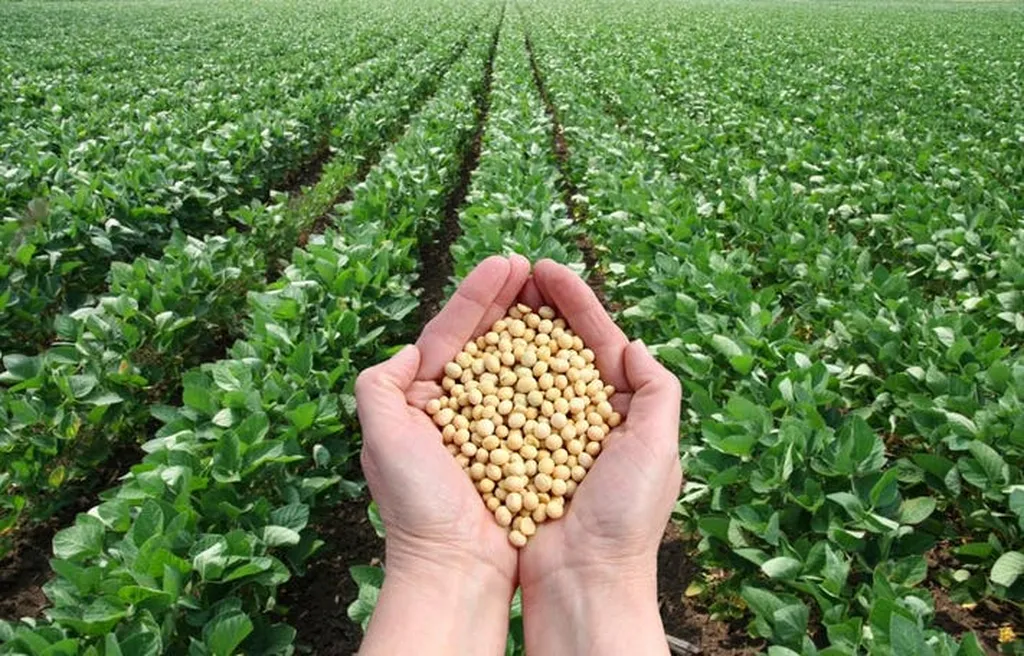In the heart of Sanya, China, at the National Key Laboratory for Tropical Crop Breeding within Hainan University, a quiet revolution is underway. Dr. Zhidong Li and his team are at the forefront of a scientific convergence that promises to reshape the future of biotechnology: the fusion of artificial intelligence (AI) and genome editing. Their recent review, published in the esteemed journal *Advanced Science* (translated as “Advanced Science”), sheds light on how AI is transforming the precision and efficiency of genome editing, with profound implications for industries, including energy.
Genome editing, particularly using CRISPR-Cas9 technology, has long been hailed for its potential to revolutionize medicine, agriculture, and synthetic biology. However, the process is fraught with challenges, such as off-target effects and the labor-intensive design of guide RNAs (sgRNAs). Enter AI. “AI-driven models are enabling us to predict and optimize genome editing with unprecedented accuracy,” says Dr. Li. “This synergy is not just about making the process faster; it’s about making it smarter.”
The integration of deep learning-based predictors and protein language models into genome editing tools has opened new avenues for target selection, novel Cas protein discovery, and gene regulatory network analysis. These AI-powered tools are capable of sifting through vast datasets to identify optimal editing sites, minimizing off-target effects, and enhancing the overall efficiency of CRISPR-associated systems. “We’re seeing a shift from a trial-and-error approach to a data-driven, predictive framework,” Dr. Li explains. “This is a game-changer for the field.”
The commercial impacts of this research are far-reaching, particularly for the energy sector. Sustainable agriculture, a critical component of bioenergy production, stands to benefit significantly from AI-driven genome editing. Crops can be engineered for higher yields, improved resilience to environmental stresses, and enhanced biofuel production. “The ability to precisely edit genomes allows us to develop crops that are not only more productive but also more sustainable,” Dr. Li notes. “This has direct implications for the bioenergy industry, where the demand for efficient and environmentally friendly feedstocks is growing.”
Moreover, AI-driven genome editing could accelerate the development of microbial strains for biofuel production. By optimizing metabolic pathways, researchers can enhance the efficiency of microbial fermentation processes, leading to higher biofuel yields. “The integration of AI and genome editing is paving the way for a new era of precision biotechnology,” Dr. Li says. “This is not just about improving existing processes; it’s about unlocking entirely new possibilities.”
However, the path forward is not without its challenges. Ethical concerns regarding data bias, algorithmic transparency, and unintended genetic modifications must be addressed. “This is a multidisciplinary challenge,” Dr. Li acknowledges. “It requires collaboration between AI researchers, molecular biologists, and policymakers to ensure that the benefits of this technology are realized responsibly.”
As AI continues to evolve, its integration with genome editing will undoubtedly shape the future of biotechnology. The work of Dr. Zhidong Li and his team at Hainan University is a testament to the transformative potential of this synergy. By harnessing the power of AI, researchers are not only enhancing the precision and efficiency of genome editing but also paving the way for groundbreaking advancements in sustainable agriculture, bioenergy, and beyond. The future of biotechnology is here, and it’s driven by intelligence—both artificial and human.

